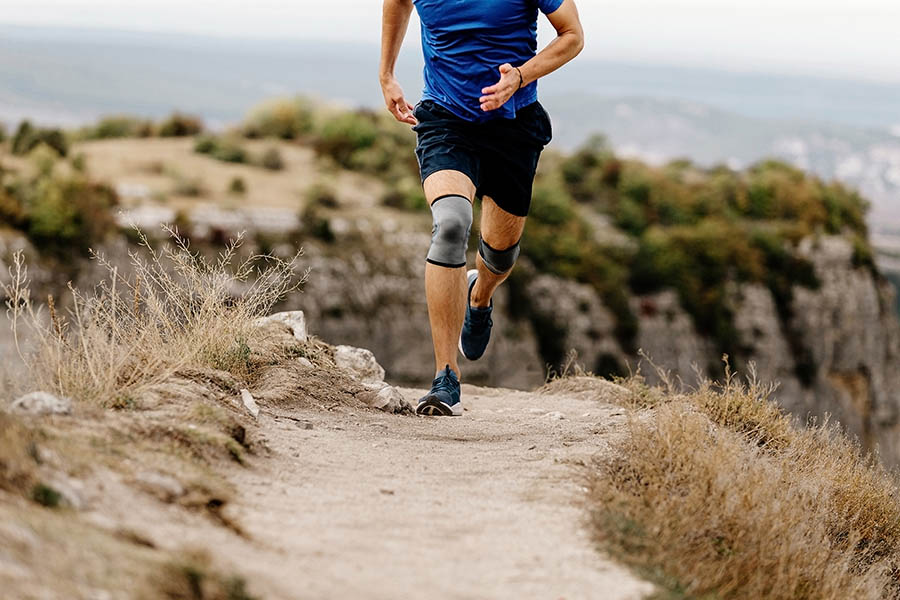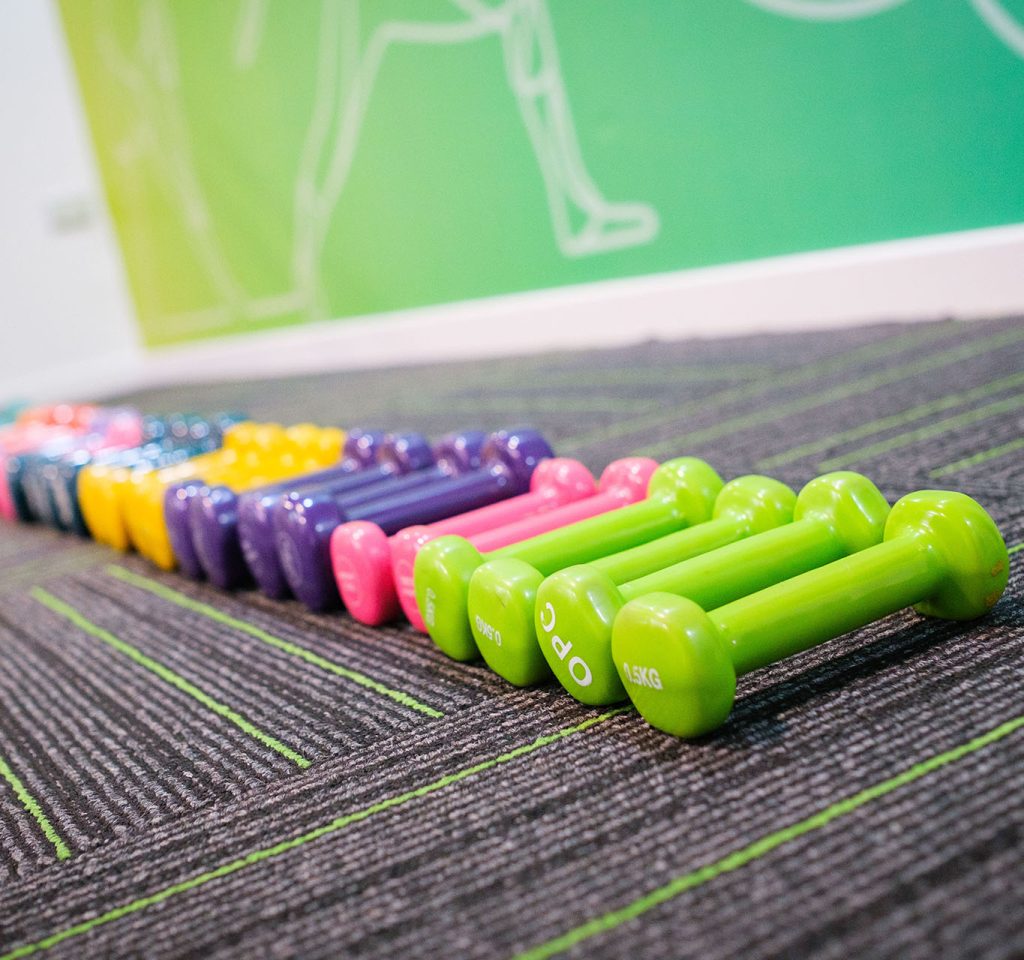A slipped disc, also known as a herniated or prolapsed disc, occurs when the soft, jelly-like material inside an intervertebral disc pushes out through a tear in its outer layer. This condition often causes pain, discomfort, and limited mobility, especially if the disc presses on surrounding nerves. Recovery time for a slipped disc varies depending on the severity of the condition, the chosen treatment approach, and individual factors. However, with the right care, most individuals can expect to see significant improvement within weeks.
Typical Recovery Timeline for a Slipped Disc

The recovery process for a slipped disc can be broadly categorised into two approaches: conservative (non-surgical) treatment and surgical intervention.
Conservative Treatment
For the majority of individuals, conservative treatment is highly effective. Most cases of slipped discs see significant improvement within 4 to 6 weeks when managed through methods like physiotherapy, rest, and pain management. During this time, inflammation and pressure on the affected nerves gradually subside, allowing pain and discomfort to diminish.
Surgical Intervention
In rare cases where conservative treatments fail to provide relief, surgery may be necessary. Recovery from surgical procedures, such as a microdiscectomy or spinal fusion, may take 8 to 12 weeks or longer, depending on the procedure and the individual’s overall health.
Factors That Influence Slipped Disk Recovery Time
Several factors can impact how quickly you recover from a slipped disc:
- Severity of the Herniation
Larger herniations, or those pressing directly on a nerve, such as the sciatic nerve, may require more intensive treatment and take longer to heal. - Age and General Health
Younger individuals and those in good overall health often recover faster, as their bodies are better equipped to heal. Conditions like diabetes or smoking can slow the recovery process. - Treatment Adherence
Following your treatment plan—whether it involves physiotherapy, medication, or lifestyle changes—is crucial for a smooth recovery. Early intervention and consistency play a key role in achieving better outcomes. - Work and Lifestyle Factors
Jobs or activities that involve heavy lifting, prolonged sitting, or repetitive motions can delay recovery and increase the risk of recurrence. Making ergonomic adjustments is essential.
Why Physiotherapy is a Cornerstone of Recovery
Physiotherapy is widely recognised as one of the most effective first-line treatments for a slipped disc. It offers a non-invasive, tailored approach to managing symptoms and promoting healing.
Benefits of Physiotherapy for Slipped Discs
- Non-Invasive Approach
Physiotherapy provides a non-surgical pathway to recovery, reducing the risks associated with invasive procedures. - Pain Management
Using techniques such as manual therapy and targeted exercises, physiotherapists can help alleviate pain, reduce inflammation, and improve mobility. - Restored Mobility
A slipped disc can severely limit spinal flexibility and range of motion. Physiotherapy helps restore these functions, enabling you to return to daily activities more easily. - Faster Recovery
Early intervention with physiotherapy accelerates healing, reducing downtime and allowing you to resume your normal activities sooner. - Long-Term Resilience
Beyond recovery, physiotherapy equips you with the tools and knowledge to prevent future injuries and maintain a healthy spine.
Effectiveness of Physiotherapy
Studies show that over 90% of people with herniated discs fully recover with physiotherapy and other conservative treatments. Most individuals notice significant improvement within 4 to 12 weeks of starting physiotherapy, reducing the need for surgery in many cases.
Why Choose BodyViva for Slipped Disc Recovery

At BodyViva, we pride ourselves on providing expert physiotherapy services designed to support your recovery from a slipped disc. Here’s why BodyViva is the ideal choice for your care:
1. Experienced Physiotherapists
Our team of skilled physiotherapists specializes in treating musculoskeletal conditions like slipped discs. They use evidence-based techniques to address pain, improve mobility, and promote long-term recovery.
2. Tailored Treatment Plans
We understand that no two patients are the same. Our physiotherapists assess your condition thoroughly and design personalised exercise programs and manual therapy sessions to meet your unique needs and recovery goals.
3. Holistic Care
At BodyViva, we focus on treating the whole person, not just the symptoms. In addition to addressing your immediate pain, we educate you on how to prevent future injuries and maintain optimal spinal health.
4. State-of-the-Art Facilities
Our modern facilities are equipped with the latest tools and technologies to ensure you receive the best possible care in a comfortable and supportive environment.
5. Patient-Centred Approach
We believe in empowering our patients. From clear communication about your condition and progress to providing practical advice for lifestyle adjustments, we ensure you’re an active participant in your recovery journey.
At BodyViva, we’re committed to helping you achieve pain-free movement and regain your quality of life.
When to Seek Help
If you’re experiencing symptoms such as persistent back pain, sciatica, or reduced mobility, it’s time to consult a physiotherapist. At BodyViva, our expert physiotherapists are here to help you recover quickly and effectively.
Book Your Appointment at BodyViva
Don’t let a slipped disc hold you back. Contact BodyViva today to book an appointment with one of our expert physiotherapists. Let us help you on your journey to recovery and long-term spinal health.
For more information, visit our website at BodyViva











